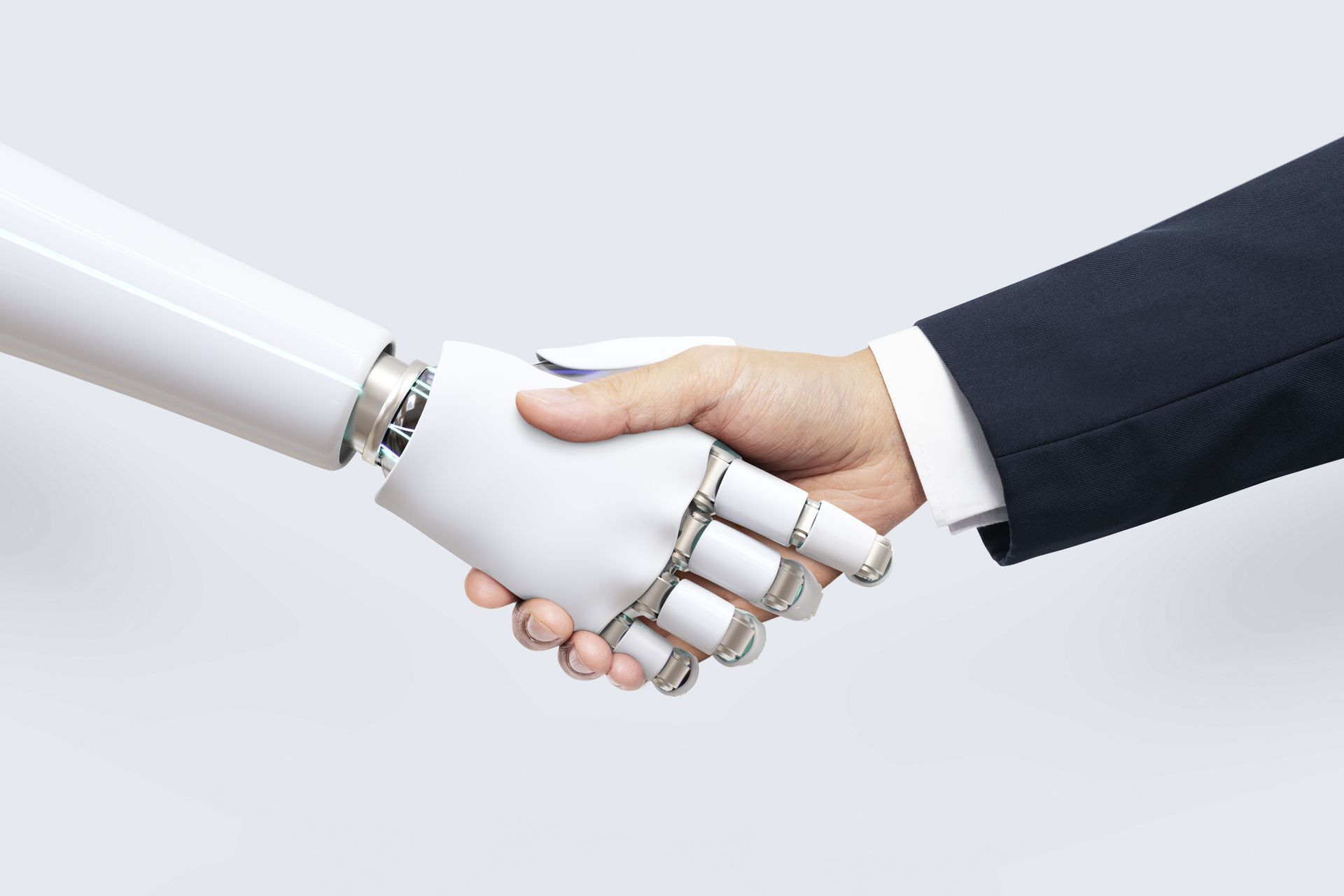Over the past two years, organizations around the globe have rapidly begun to incorporate artificial intelligence (AI) tools into their operations. From healthcare and finance to automotive and telecommunications, AI is providing the ability to boost productivity, automate repetitive tasks, and streamline business processes.
In fact, according to research by IBM, around 77% of businesses have already integrated AI into their operations in some format. Of course, as AI enters into the workforce and aids with certain tasks, it is having a knock-on effect on employment in several sectors. As many as 14% of the workforce has had their jobs impacted by AI, with a high portion of this figure reporting losing their jobs to this new technology.
The increased precarity of the job market has worried many employees, especially those who are most at risk of AI, like management consultants and financial managers.
Yet, as AI tools grow in popularity and replace manual elements of human jobs or certain roles entirely, new positions are beginning to emerge. The management of AI and applying AI systems to business use cases have forged a whole new industry, creating new jobs as others disappear.

What industries are seeing AI adoption?
As AI’s capabilities and potential develop, more jobs will potentially be exposed to AI efficiency and optimization. At this stage, the industries that are seeing the most impact from AI are those that already deal with lots of data. As data is at the core of AI, it was only natural that industries like finance and healthcare that extensively use data-related are seeing mass adoption.
Numerous industries are already seeing adoption, with many of these experiencing the highest proportion of jobs being replaced by AI:
- Manufacturing: Jobs like quality control, management, tracking, and optimization are now being completed by AI tools.
- Retail: Behind-the-scenes jobs like inventory management, warehouse management, and predictive analytics based on consumer habits are all being automated.
- Education: While not as apparent as some of the other industries on this list, the ability to rapidly access concise educational summaries is impacting the teaching industry.
- Creative fields: Fields like journalism, graphic design, and content writing are all seeing reduced hiring opportunities as firms experiment with AI-generated content.
- Finance: Financial prediction and analytics are all heavily data-based fields, making them perfect for AI replacement.
In 2023 alone, 37% of business leaders stated that they replaced workers with AI, with this trend likely continuing throughout 2024.
How is AI creating new jobs?
As AI is still in a relatively new period, many industries are still figuring out how to engage with AI platforms, systems, and tools. In light of this period of adaptation, we’re already seeing a number of new jobs emerge due to AI’s presence in different industries.
For example, a leading point of conversation around AI over the last year has been around efforts to establish governance and regulatory frameworks. As this continues, we’ll see AI-specialized lawyers, compliance experts, and management roles emerge. We’ve already seen major companies like Grammarly increasing hiring related to AI services and roles.
We could also see:
- AI managers
- AI-enhanced creativity roles
- Data labelling and processing
- Training roles
While many roles connected to data science and analysis will see growth, potentially every industry has the potential to develop AI-enhanced roles.
Especially as industry deployments of AI begin to engage with more scalable computing solutions, the potential of AI will only continue to increase. For example, HyperCycle uses a combination of AI, decentralized nodes, and virtual machines to offer a neural-based architecture. This enhances the scalability of AI and facilitates different AI models to interact with each other.
While still in the early stages, a completely interoperable AI world would help develop Artificial General Intelligence (AGI). As AGI emerges alongside the increased scalability of AI, AI tools will be able to surpass the intelligence and capabilities of humans. In theory, this would unlock a whole new potential market of jobs and optimizations that AI could achieve.
Alongside HyperCycle, companies like Meta are actively working on the scalability factor of AI, aiming to provide the architectural components upon which higher-functioning AI products like AGI can rest.
The successful development of AGI could give rise to a whole new realm of jobs:
- Development and maintenance
- Ethics and safety monitoring
- Employee education and training
- Integration specialists
- Research and development officers
While AI does have the potential to impact several job fields, it will simultaneously give rise to new industries, specializations, and job functions.
Final thoughts
Despite being available to most organizations for a short amount of time, AI has already made waves across several industries. As a core news beat in 2023 and 2024, AI regularly appears on news sites, with new developments, updates, and research papers creating media attention and hype.
While one of the largest areas of discourse has been around the potential for AI to take over certain jobs, it’s undeniable that AI will also generate several new jobs. Especially as jobs morph and redefine themselves in relation to AI over the next few years, we could see a dynamically different world of work – but one that will still always revolve around human participation.
Featured image credit: freepik





